
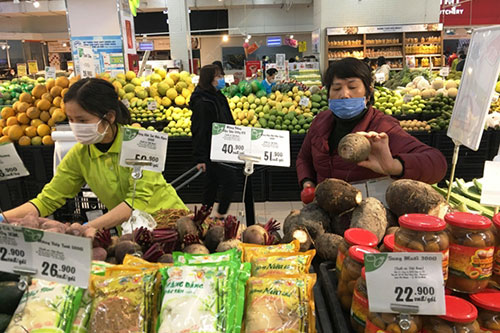


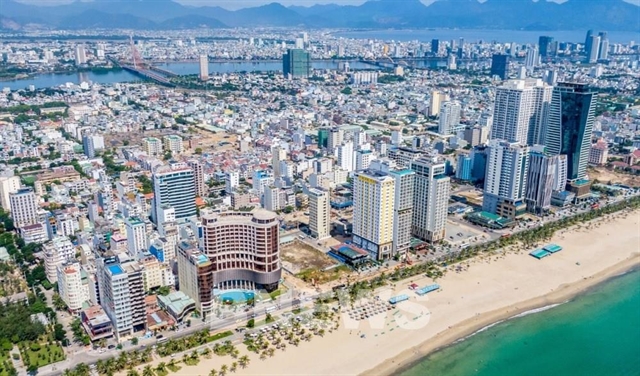

The State Bank of Việt Nam’s reference exchange rate for the US dollar fell by 0.1 per cent at the end of 2020.
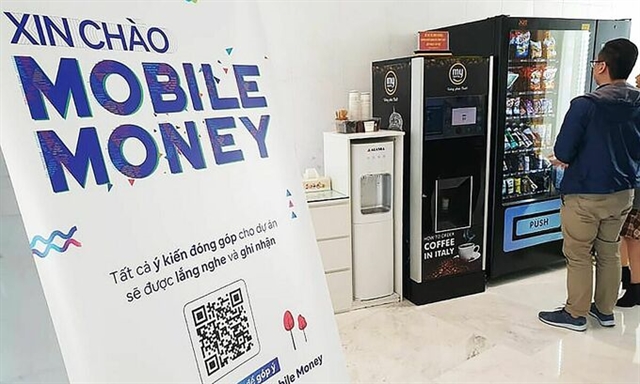
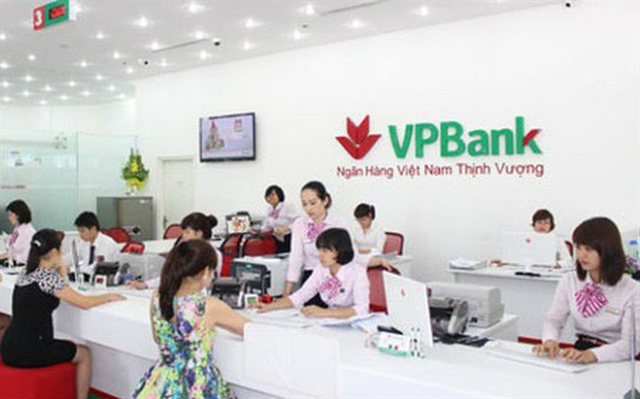
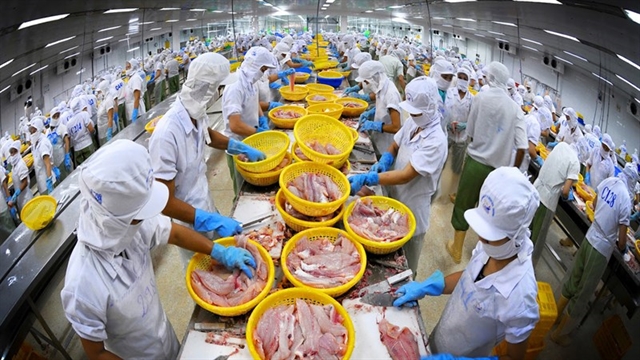
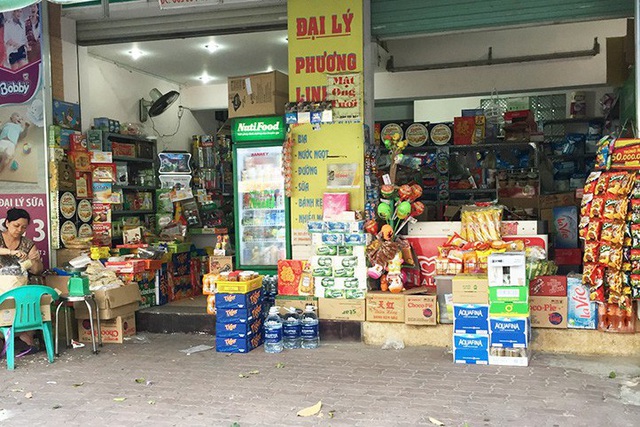
Despite being on the same street as three convenience stores, the grocery store owned by Nguyễn Ngọc Dung on Yên Thế Street in HCM City’s Tân Bình District is always crowded, especially during peak hours.
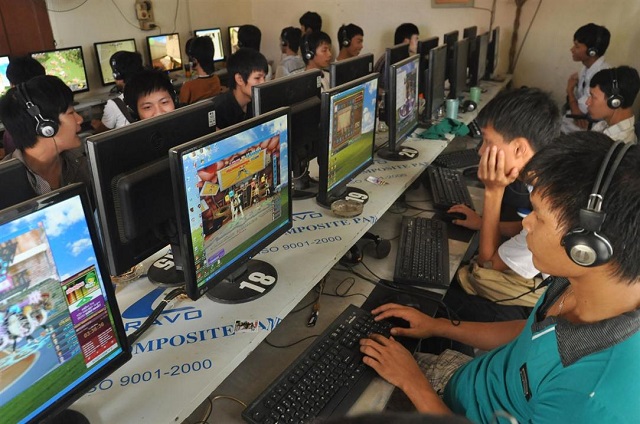
The online game market has become red hot due to a phenomenon that many domestic mobile game publishers have launched their A games at the same time.
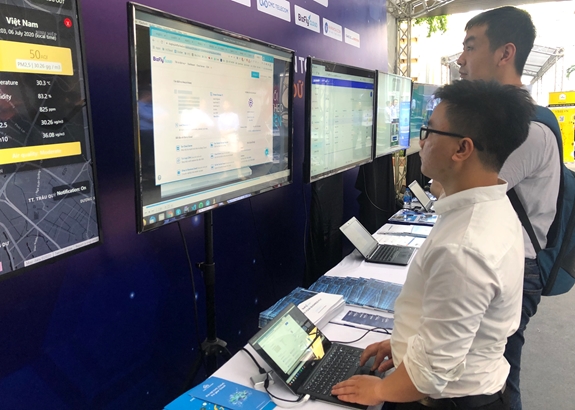

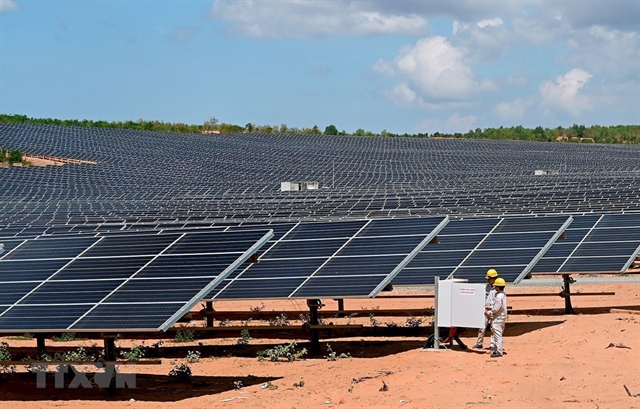


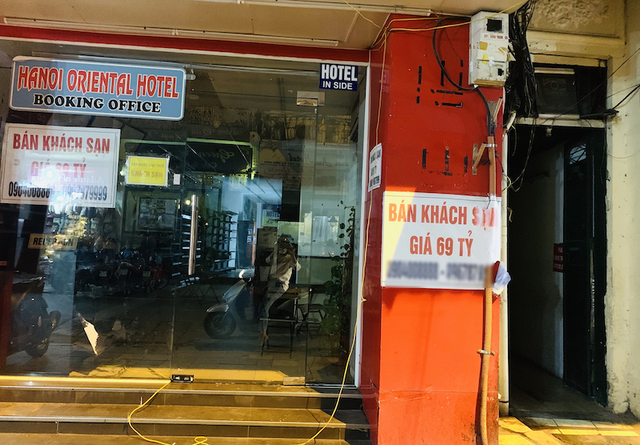

According to the General Statistics Office, foreign investment as of October 20 was US$23.48 billion, equivalent to less than 81 per cent of the figure for the same period last year.

“Coastal urban area” is a phrase that is appearing increasingly in the print and electronic media.
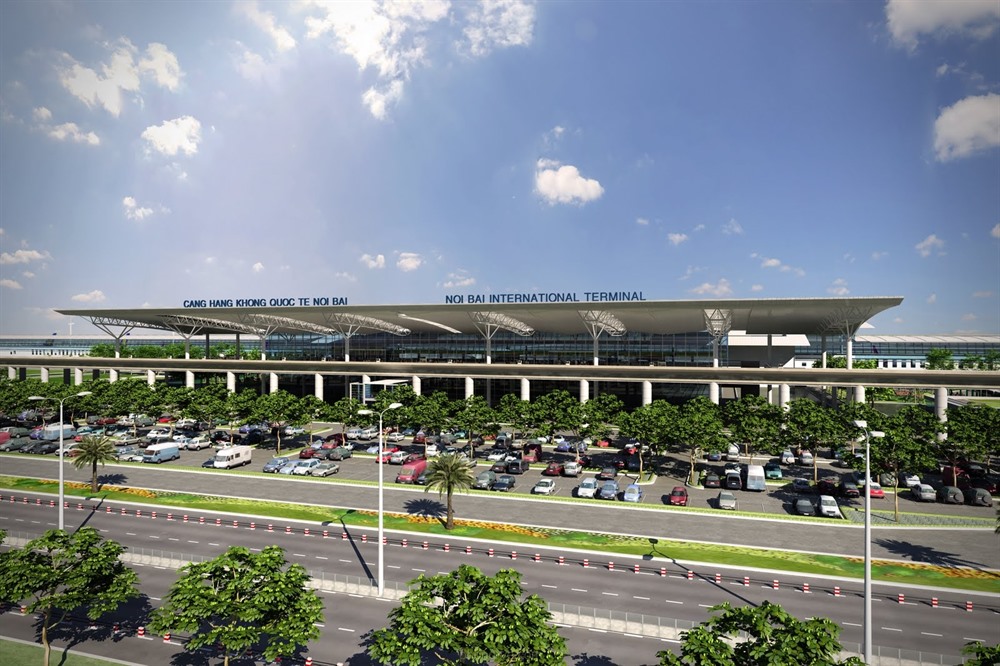
The Government Office has asked the Ministry of Transport to consider a proposal by Ninh Thuận Province to use a military airport also for commercial purposes.
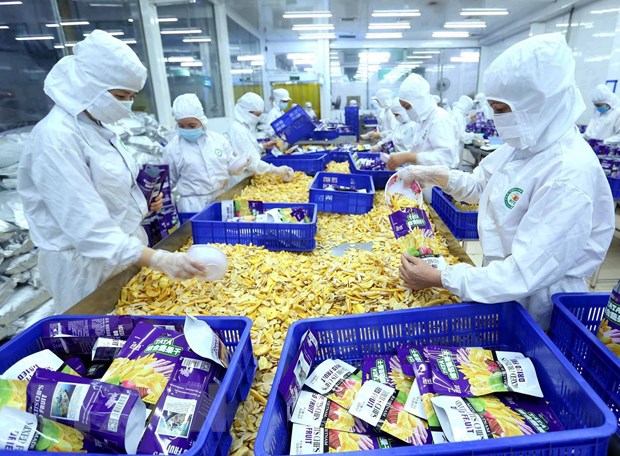
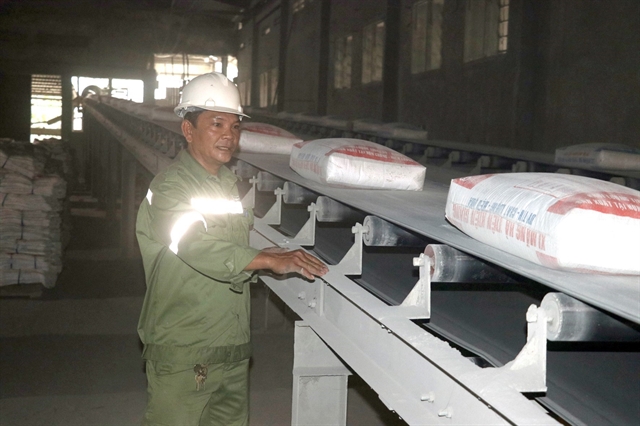
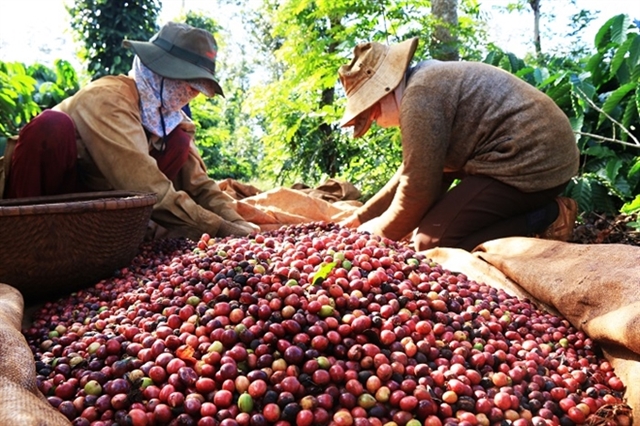

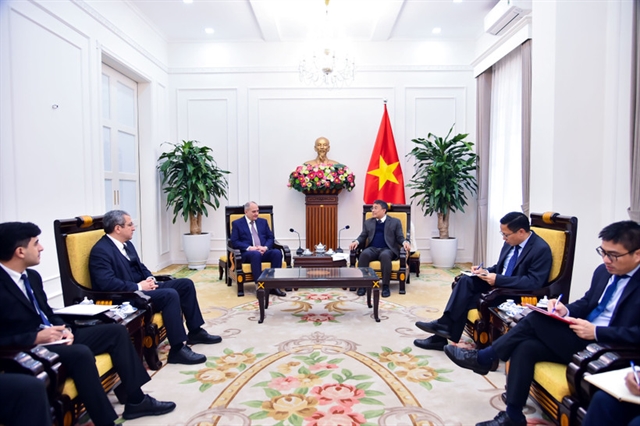



 Brandinfo
Brandinfo